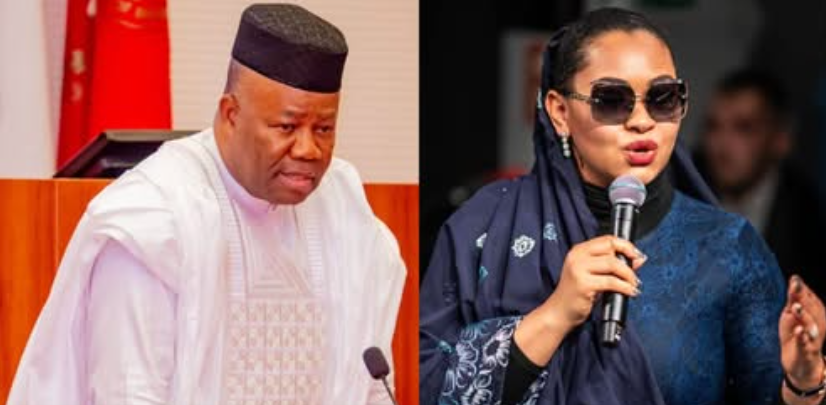One Year After Deadly Protests, Amnesty International Slams Nigerian Government Over Lack of Accountability

By Kamal Yalwa: August 2, 2025 | Abuja
One year after security forces reportedly killed at least 24 protesters during nationwide demonstrations against economic hardship, Amnesty International has condemned the Nigerian government’s continued failure to ensure justice and accountability.
The human rights watchdog, in a statement issued on Friday to mark the anniversary of the 2024 protests, accused Nigerian police of denying well-documented allegations of extrajudicial killings, torture, and unlawful arrests.
“Despite the gravity of these human rights violations, not a single member of the security forces has been prosecuted,” said Isa Sanusi, Director of Amnesty International Nigeria. “Accountability remains elusive for the 24 peaceful protesters killed in Kano, Jigawa, Katsina, Borno, Niger and Kaduna states. Those behind these atrocities must be held to account.”
The protests, which began in early August 2024 under the hashtag #EndBadGovernanceInNigeria, were sparked by growing public anger over soaring fuel prices and runaway inflation, largely triggered by President Bola Ahmed Tinubu’s sweeping economic reforms, including the removal of fuel subsidies and floating of the naira.
Amnesty said its investigations confirmed that police fired live ammunition at close range—often targeting the head and torso—indicating a clear “shoot-to-kill” approach. The organisation also raised alarm over the “sham trials” of hundreds of protesters arrested during and after the demonstrations.
Many of the arrested face charges ranging from inciting mutiny to calling for a military takeover and using WhatsApp to “levy war against the state.” Some were reportedly charged for chanting slogans such as “Tinubu must go.”
“The Nigerian authorities are yet to take appropriate and effective measures to respect, protect, promote and fulfil the rights to freedom of expression and peaceful assembly,” Sanusi said, while also accusing the government of continuing mass surveillance, intimidation, and arbitrary detention of protesters.
Though some detainees—many of them minors—were released by presidential order following public outcry in late 2024, over 700 people still face trial.
The Ministry of Justice did not respond to AFP’s request for comment on the allegations.
While President Tinubu’s economic reforms have been hailed by some international observers as necessary for long-term growth, the short-term effects have devastated millions of Nigerians, pushing many into poverty and prompting widespread unrest.
Amnesty reiterated its call for full investigations, transparent prosecutions, and compensation for victims’ families.



